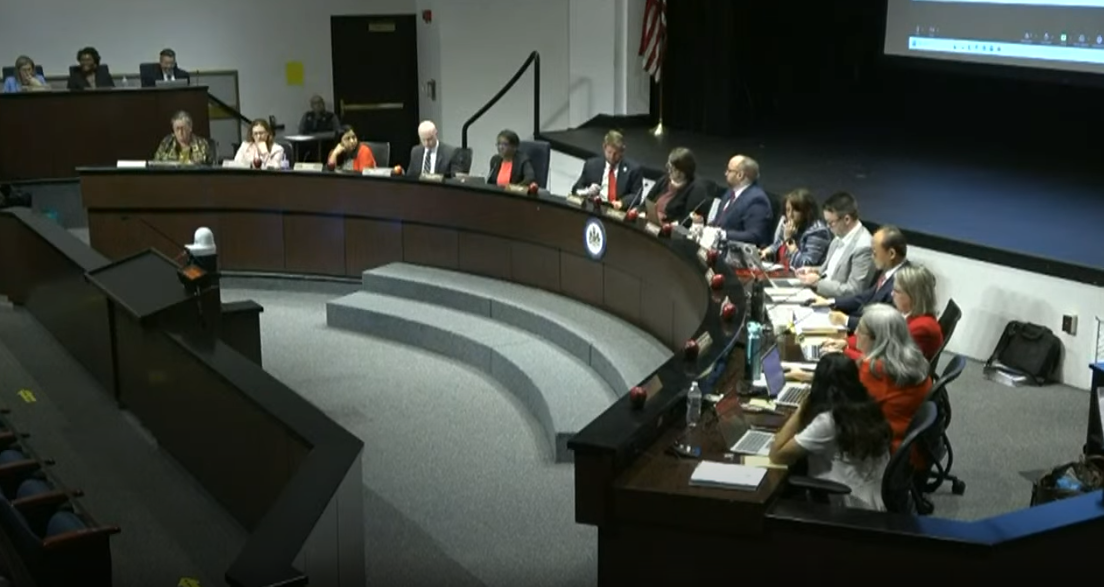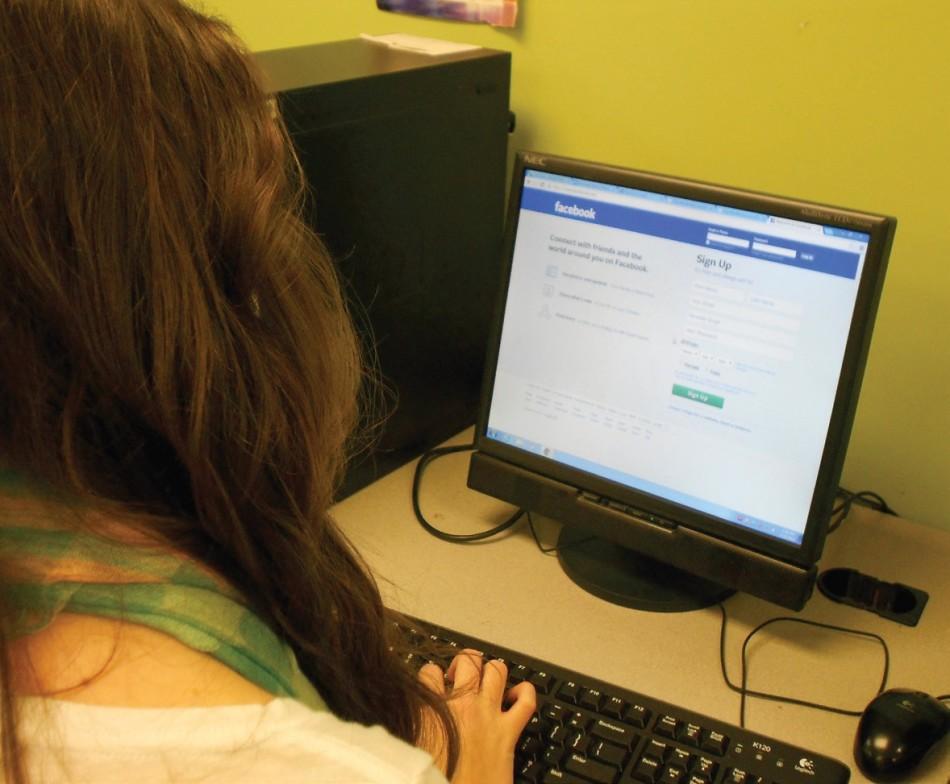The Rise of “Cyber Dangers” on Social Media Sites
Identity theft and cyberbullying have become major issues on social media sites like Facebook and Twitter.
Mar 14, 2014
The Internet is both a blessing and a curse for American teenagers. This technology has opened doors for new forms of education and instant knowledge, but has also harmed a whole generation in multiple ways. Do the dangers of the Internet — identity theft, cyberbullying, and even abduction — outweigh its positive elements? Before you throw your laptop or smartphone out the window, you can protect yourself with good planning, discerning judgment, and anti-virus software you can still continue to reap the many values of technology.
Identity theft includes the use of any personal information, such as student ID number, bank account information, social security number, drivers license number by someone other than yourself, and it doesn’t only affect adults. Teens may even be more likely to have their identities stolen due to how much more they use online social networking websites, and because of their lack of education in the area of Internet safety.
Anyone who has had their identity stolen can attest for it being a very unpleasant and difficult thing to deal with. “It really screwed up everything” says freshman Cassie Crotzer after her parents experienced identity theft. The most important step in preventing your personal information from being stolen is to simply be careful. Use caution when you post on Twitter, Facebook, and Instagram. Make sure that you don’t include any personal information in your comments and posts, even if your account is private.
Even with restrictions on an account once something is on the Internet, it can never be taken away. Social media sites can vary in their definition of ‘private’ accounts. Be sure that as you are creating a new account you read the terms and conditions of the website. The small print of actually how restricted your ‘private’ account can be to others may not be what you think it is.
Cyberbullying is a major issue in our society. Cyberbullying includes any abuse towards someone with the through the Internet. We all have seen or experienced some kind of Internet based bullying before, whether it was through social networking, e-mail, or text message. Due to the fact that anyone can post anonymous comments on the Internet, cyberbullying is a big rising threat for teens of today. “I think people who cyberbully are too scared to confront people face to face,” says junior Sabrina Bishop, “People who do it are cowards.” adds a WestPo senior.
Because of the availability of technology all throughout the day, it is nearly impossible for the bullied student to escape their tormentors. With proper measures to keep kids safe on the Internet most of these situations could be prevented. Another method of protecting teens is to stand up against the bullies, and helping the bullied student understand that they are important and valued. The effects of cyberbullying include depression, lack of self-esteem, and possibly suicide.
One of the more serious Internet threats is predators. These predators join online chat rooms or other websites, engage in conversations through the internet with young, unsuspecting minors, all the while with sexual or violent intentions. As they engage in conversations with the teens, they are deceptive about who they really are. If someone you don’t know contacts you on the internet, don’t ever give out any information about yourself, and NEVER agree to meet anyone in person that you come in contact with on the Internet.
The consequences of not being cautious with strangers on the internet include kidnapping, sexual abuse, and even death. The easiest ways to avoid coming in contact with Internet predators is to not talk to people on chat rooms. These cautious steps may seem like overreactions, but weighed against your life, how big of a deal are these changes?
Just because the Internet holds many dangers and risks for today’s teens, we don’t need to completely separate ourselves from technology. Cell phones and computers include many wonderful benefits such as homework help, and staying in contact with friends that don’t live nearby. In order to make sure that you are safe when surfing the web, above all use discernment and caution. If you see any signs of an identity thief, cyberbully, or predator, tell an adult or someone you trust immediately.
Help yourself and your friends by standing up against these forms of Internet abuse! By reporting suspicious Internet behavior you could protect other peoples’ personal information, help students feel better about themselves, and possibly save a life.























































